Scientists find evidence that nature boosts healthy food choices, revealing nature’s pivotal role in shaping positive dietary habits.


Scientists find evidence that nature boosts healthy food choices, revealing nature’s pivotal role in shaping positive dietary habits.

An RNA-based vaccine approach that is effective against all virus strains and safe for infants and immunocompromised individuals.

Scientists create magnetism in a non-magnet at room temperature for the first time, with implications in quantum tech and computer science.
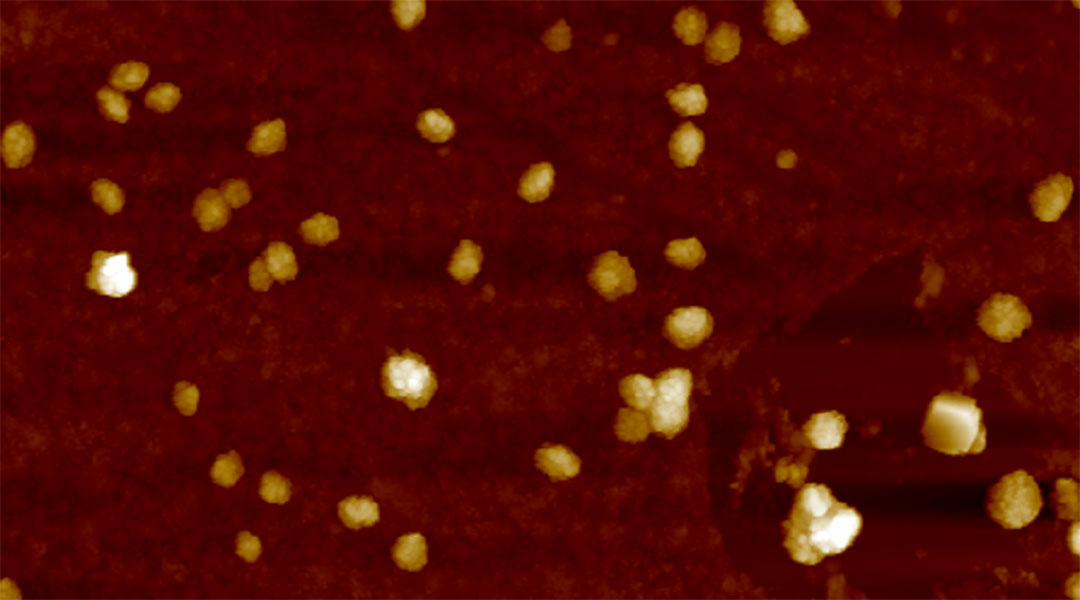
Peptide-laden vesicles light up in the presence of amyloid beta, providing an early diagnostic test (and possible treatment) for Alzheimer’s.
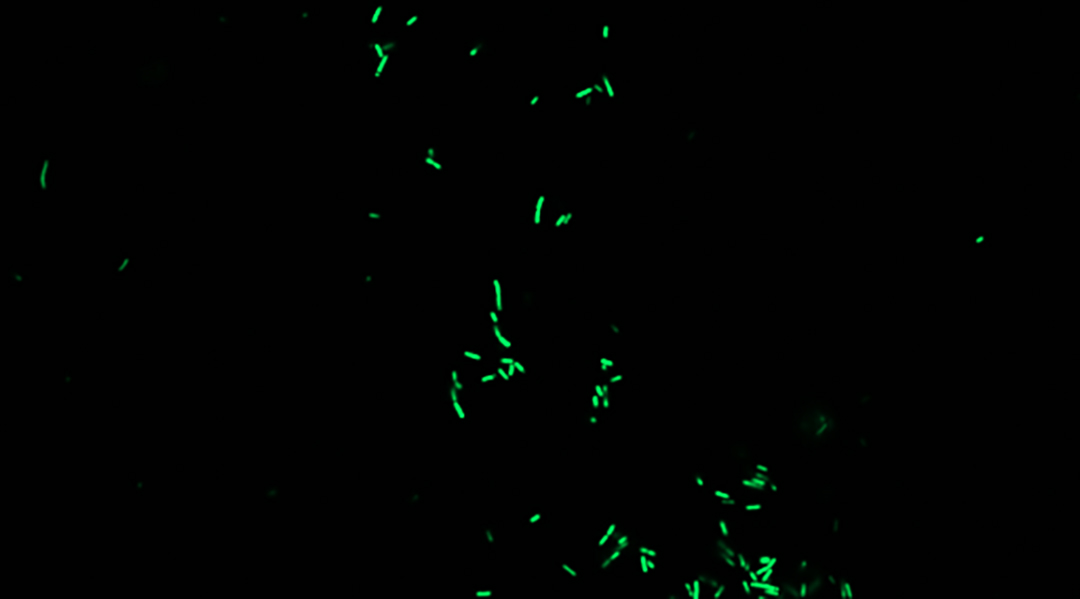
First living biosensor developed to study honeybee gut microbiome, providing insights into health and conservation.

DeepStalk does away with a hard shell for a soft body and integrated parts to function under pressure and explore the deep sea.
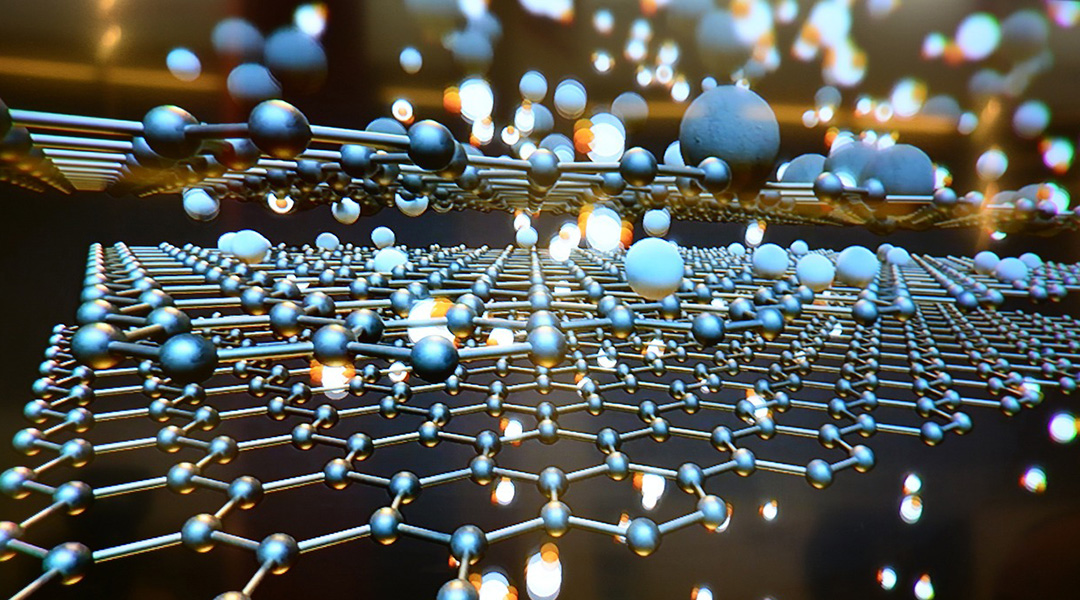
A new hybrid graphene incorporates new elements to help make the material magnetic for applications in electronics and computer science.

A new study finds that prescription generic galantamine and the over-the-counter supplement are not created equal, despite label claims.
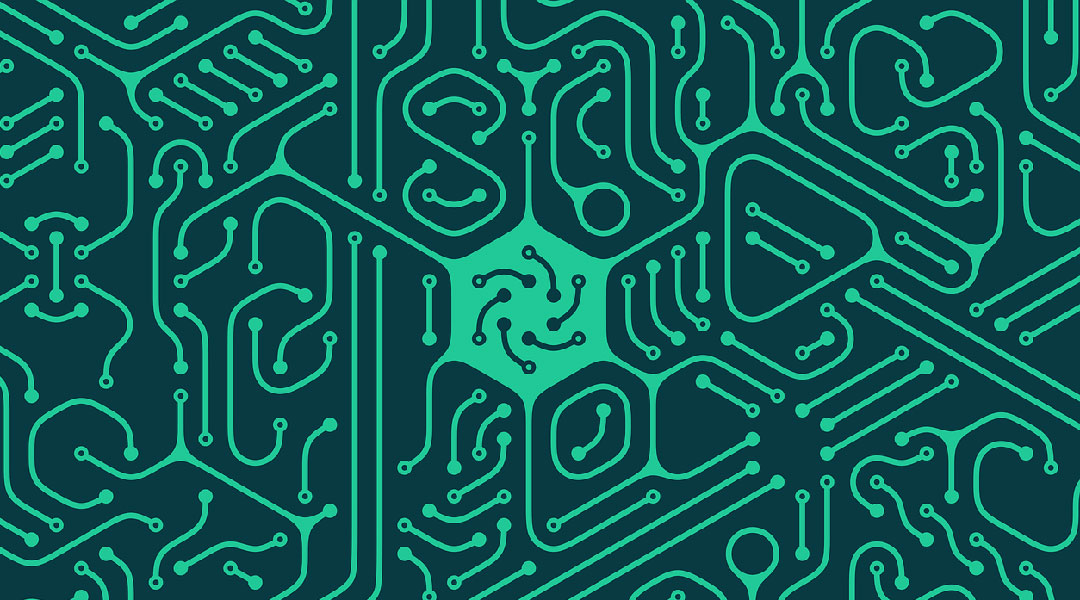
Computers based on memristors promise significant energy savings and improved accuracy in large-scale computing.
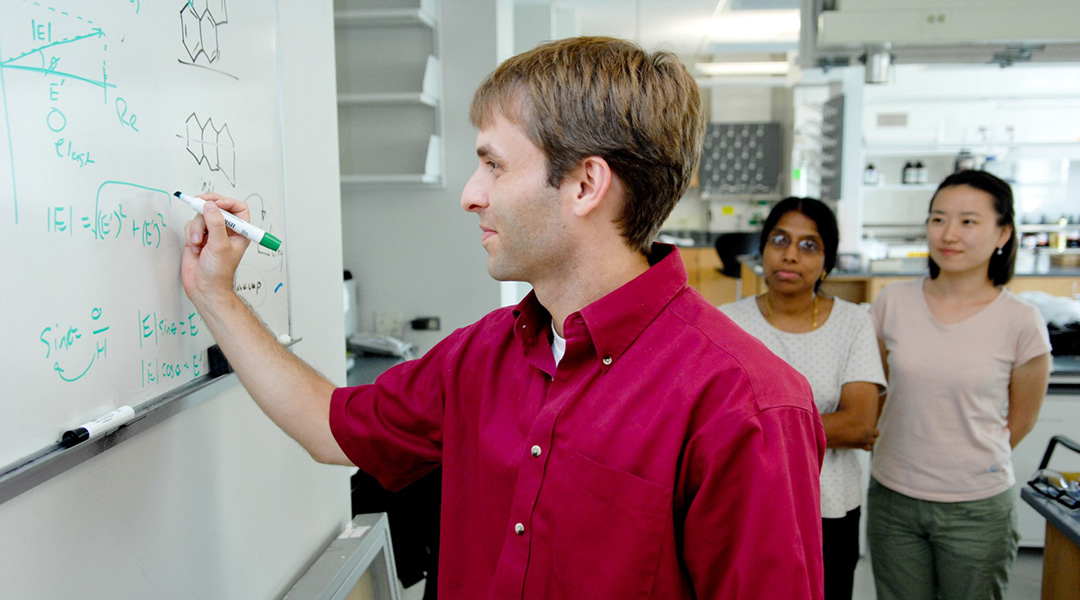
The chemical and biomolecular engineer delves into the versatile applications, surprising properties, and future possibilities of liquid metals.